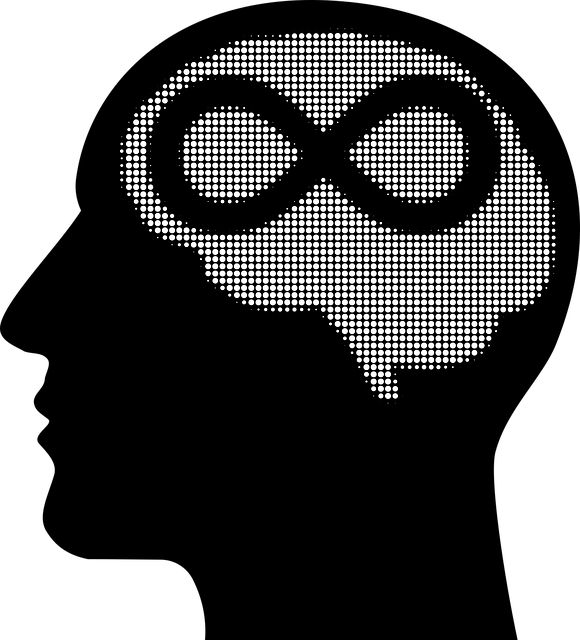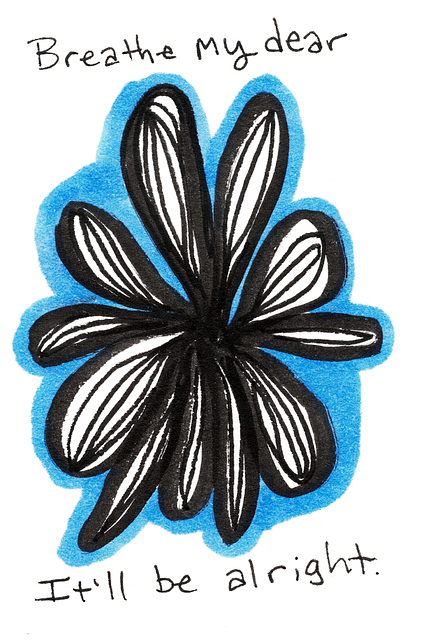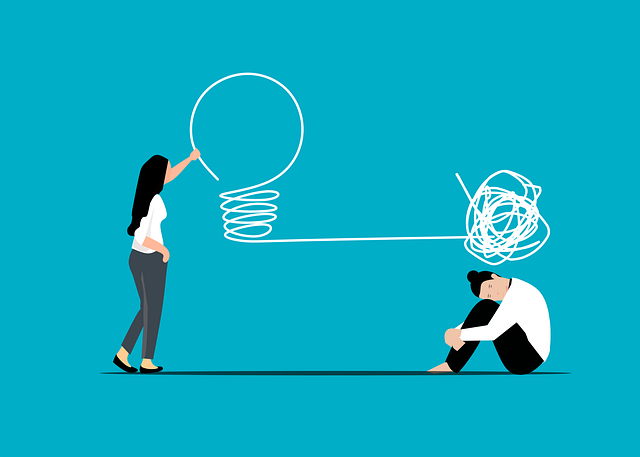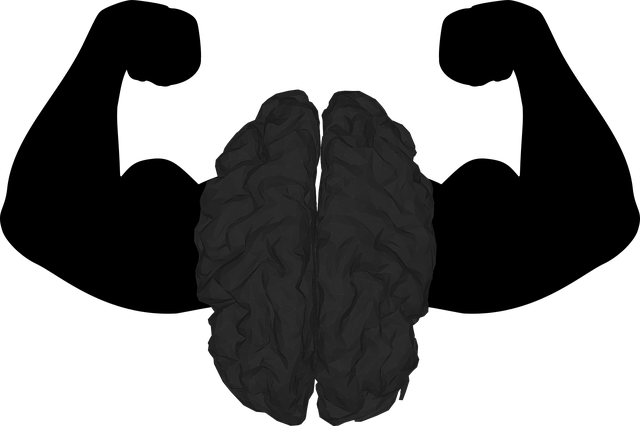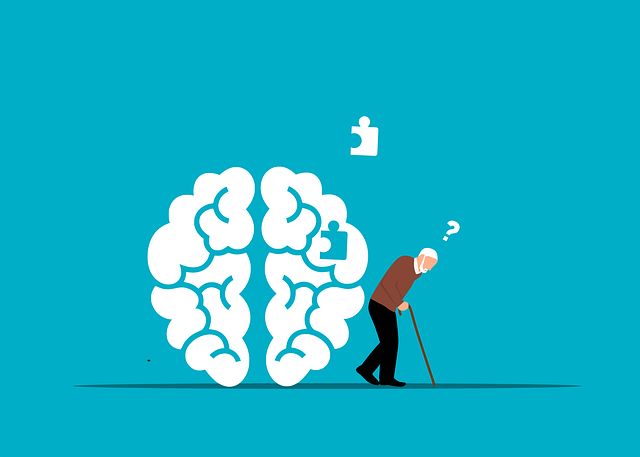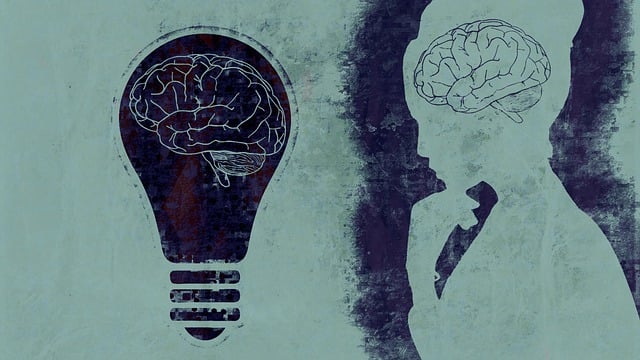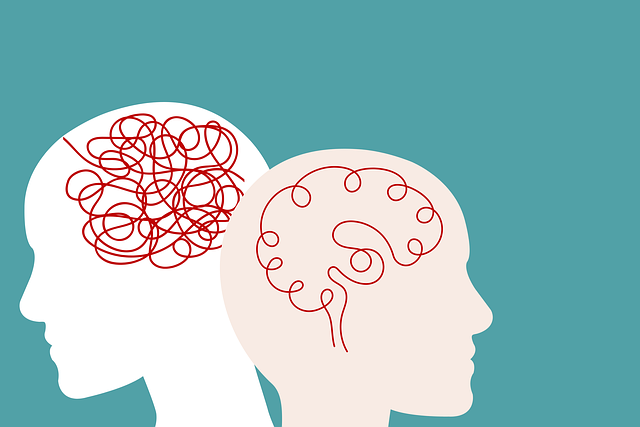In today's fast-paced world, self-assessment tools are vital for mental wellness, especially for children recovering from Louisville child abuse therapy. These tools, designed with engaging visuals, simple language, and interactive elements, empower individuals to understand their emotional state and cognitive functioning. Prioritizing cultural sensitivity, crisis intervention guidance, and evidence-based practices like Social Skills Training, these tools can effectively assess and address mental health concerns. User-centric design, accessibility, and continuous improvement through feedback and research ensure their reliability and adaptability for diverse populations in contexts like Louisville where specialized child abuse therapy is crucial.
Mental wellness self-assessment tools play a pivotal role in early identification and intervention for mental health issues, especially among children. Given the rising rates of anxiety, depression, and trauma, there is an urgent need for effective, child-friendly assessment options. This article explores the development of such tools, considering factors like evidence-based practices, usability, and accessibility, while highlighting strategies for continuous improvement. Essential insights for professionals in Louisville Child Abuse Therapy are provided to enhance mental health support services.
- Understanding the Need for Self-Assessment Tools in Mental Health
- Factors to Consider When Developing a Child-Friendly Tool
- Integrating Evidence-Based Practices into the Design Process
- Usability and Accessibility: Ensuring Inclusivity and Effectiveness
- Testing, Refinement, and Continuous Improvement Strategies
Understanding the Need for Self-Assessment Tools in Mental Health

In today’s fast-paced world, self-assessment tools play a pivotal role in promoting mental wellness, especially for vulnerable populations like children who have experienced Louisville child abuse therapy. These tools empower individuals to take an active role in understanding their emotional state and cognitive functioning. By providing accessible and user-friendly resources, such as mental wellness coaching programs development, people can gain valuable insights into their mental health and identify areas of improvement.
The need for comprehensive self-assessment tools is further underscored by the complex nature of mental health issues. Emotional intelligence, a key component often overlooked in mental health policy analysis and advocacy, becomes a crucial aspect in early detection and prevention. By integrating emotional intelligence into self-assessment frameworks, individuals can develop coping strategies and build resilience, thereby reducing the risk of long-term mental health complications.
Factors to Consider When Developing a Child-Friendly Tool

When developing a child-friendly mental wellness self-assessment tool, it’s crucial to consider the unique needs and cognitive abilities of young users. Tools designed for children should incorporate engaging visuals, simple language, and interactive elements to ensure a positive and age-appropriate experience. For instance, incorporating games or storytelling can make the assessment process more enjoyable, encouraging honest responses from kids who might otherwise feel uncomfortable discussing their feelings.
Additionally, cultural sensitivity is paramount, especially in areas like Louisville Child Abuse Therapy, where diverse backgrounds must be accommodated. The tool should reflect inclusive practices and consider the impact of trauma, offering tailored support for children from various ethnic and social groups. Incorporating features that address risk management planning for mental health professionals can also enhance safety while ensuring the tool aligns with evidence-based practices such as Social Skills Training and Depression Prevention.
Integrating Evidence-Based Practices into the Design Process

When developing self-assessment tools for mental wellness, integrating evidence-based practices is paramount to ensure their effectiveness and reliability. This involves drawing from research-backed methodologies that have been proven successful in various therapeutic contexts, such as Louisville Child Abuse Therapy programs. Incorporating crisis intervention guidance and burnout prevention strategies, grounded in scientific literature, can significantly enhance the tool’s ability to accurately assess and address mental health concerns.
By leveraging evidence-based practices, developers can create tools that not only identify symptoms but also offer actionable insights for improvement. This is particularly crucial for healthcare providers who often face high-stress environments, leading to potential burnout. The design process should prioritize incorporating strategies like mindfulness exercises, cognitive-behavioral techniques, and resilience-building activities to support both the patients’ well-being and the mental health professionals using the assessment tools.
Usability and Accessibility: Ensuring Inclusivity and Effectiveness

When developing mental wellness self-assessment tools, usability and accessibility are paramount to ensure effectiveness and inclusivity. These tools should be designed with a user-centric approach, considering diverse needs and abilities. For instance, Louisville Child Abuse Therapy highlights the importance of creating resources that cater to individuals from various backgrounds, including those with disabilities or limited access to technology. Incorporating features like simple language, clear instructions, and adaptable formats can significantly enhance usability.
A well-designed tool should offer multiple avenues for self-assessment, such as Self-Awareness Exercises and Stress Reduction Methods, while also addressing Mental Illness Stigma Reduction Efforts. By making these tools accessible, you enable a broader range of people to engage in their mental health journey, fostering a more supportive and understanding community, particularly in Louisville’s context where specialized child abuse therapy services are crucial.
Testing, Refinement, and Continuous Improvement Strategies

Effective mental wellness self-assessment tools require rigorous testing and continuous improvement to ensure their reliability and validity. The initial development phase involves administering the tool to a diverse sample, including individuals from various backgrounds and experiences, such as those who have undergone Louisville Child Abuse Therapy. This initial testing provides valuable feedback on the tool’s strengths and areas for enhancement.
Refinement stages involve analyzing the feedback, identifying patterns, and making data-driven adjustments. Incorporating communication strategies and healthcare provider cultural competency training can further improve the tool’s accessibility and sensitivity to different populations. Additionally, burnout prevention strategies for healthcare providers should be considered to ensure the assessment process doesn’t contribute to professional stress or exhaustion. Regular updates based on user feedback and emerging research in mental health maintain the tool’s relevance and effectiveness over time.
Mental wellness self-assessment tools play a pivotal role in early intervention and prevention strategies, especially for children. As highlighted in this article, developing child-friendly tools requires a nuanced approach that considers age-appropriate design, evidence-based practices, and accessibility. By integrating these key elements, such as those explored in the context of Louisville Child Abuse Therapy, we can create effective resources that empower young individuals to assess and improve their mental health. Usability testing and continuous refinement are essential to ensure these tools remain relevant and beneficial over time.
